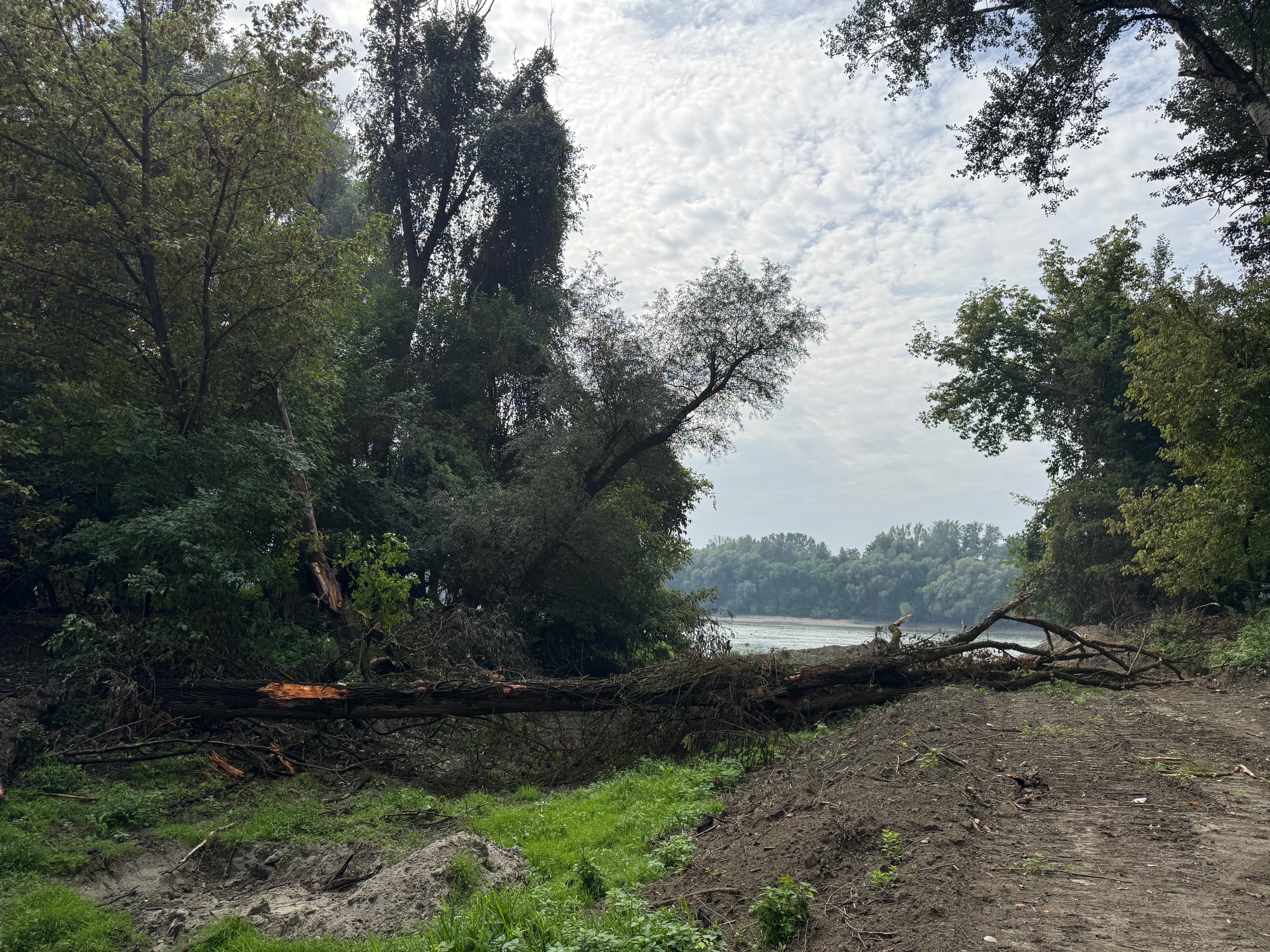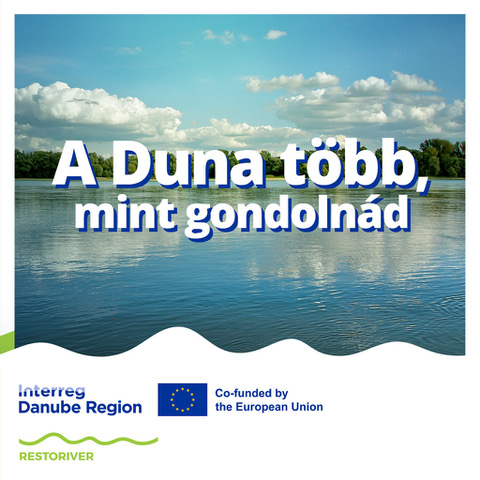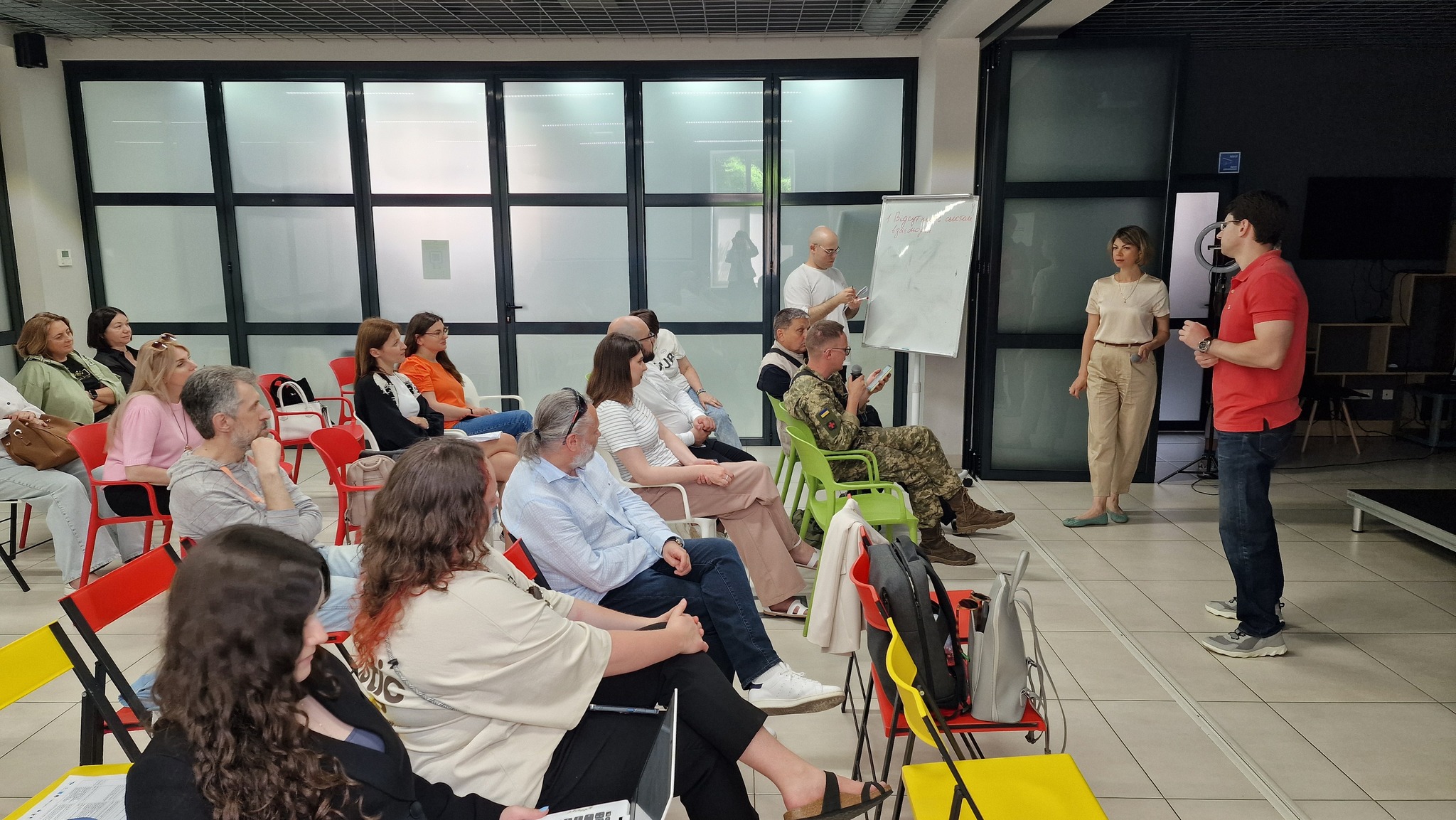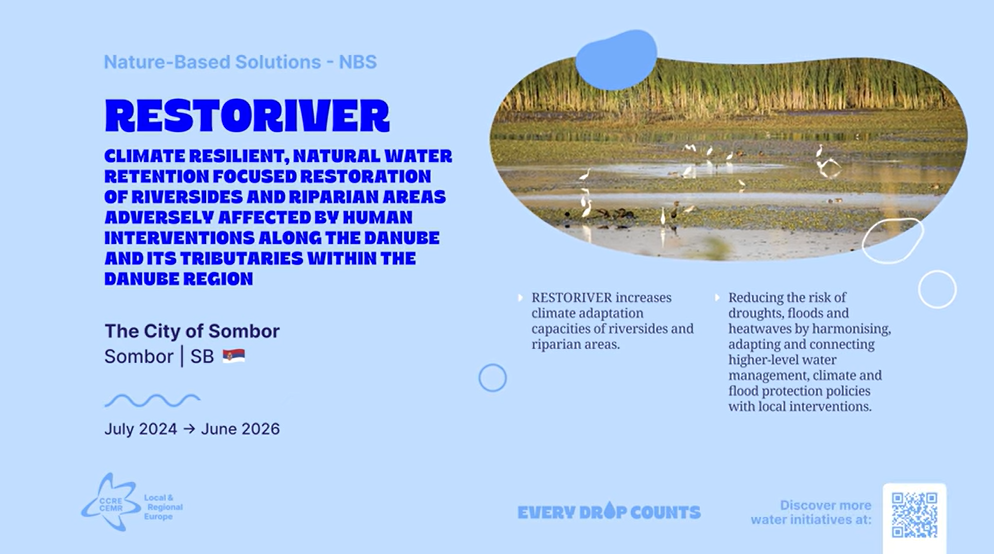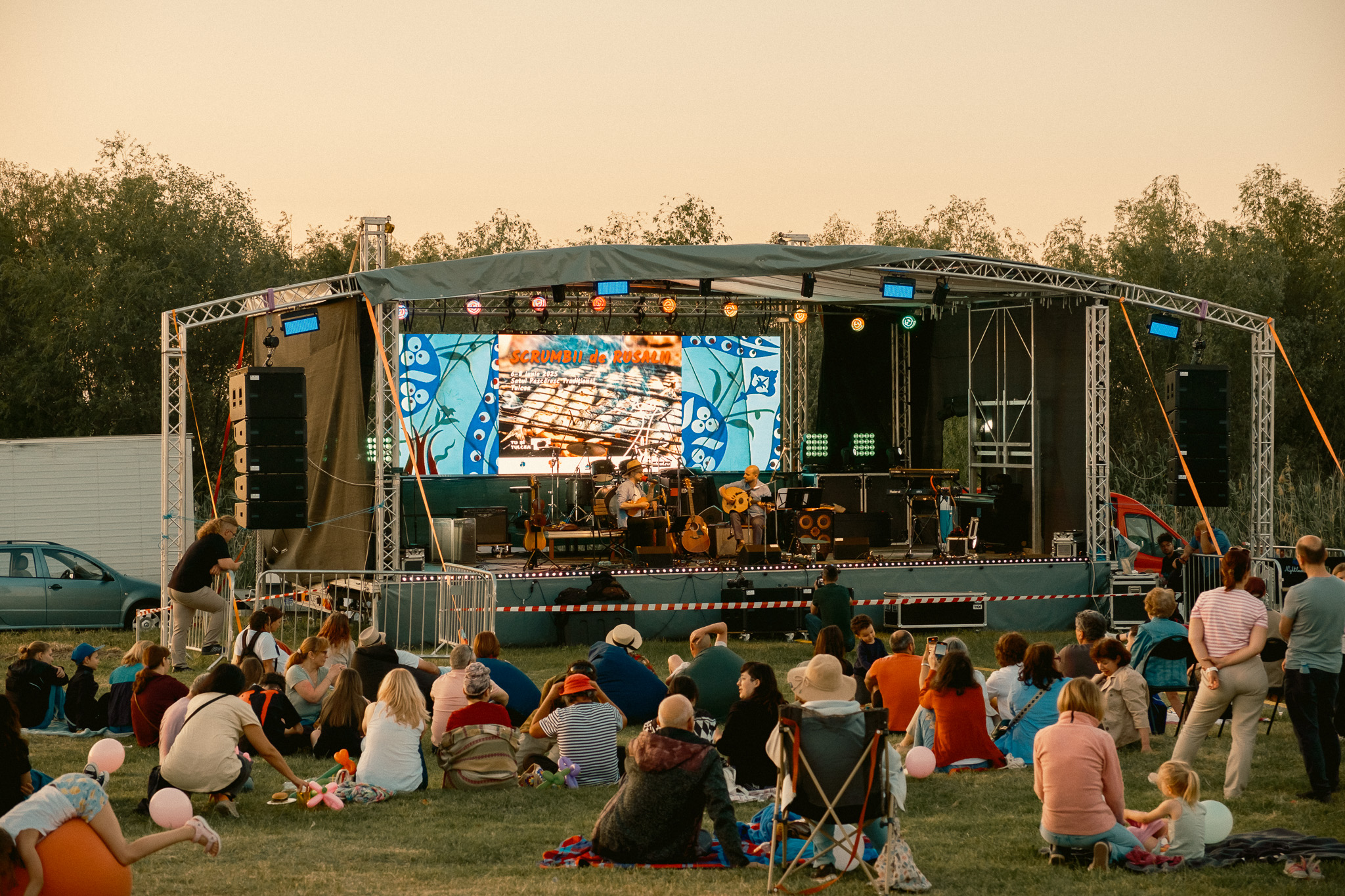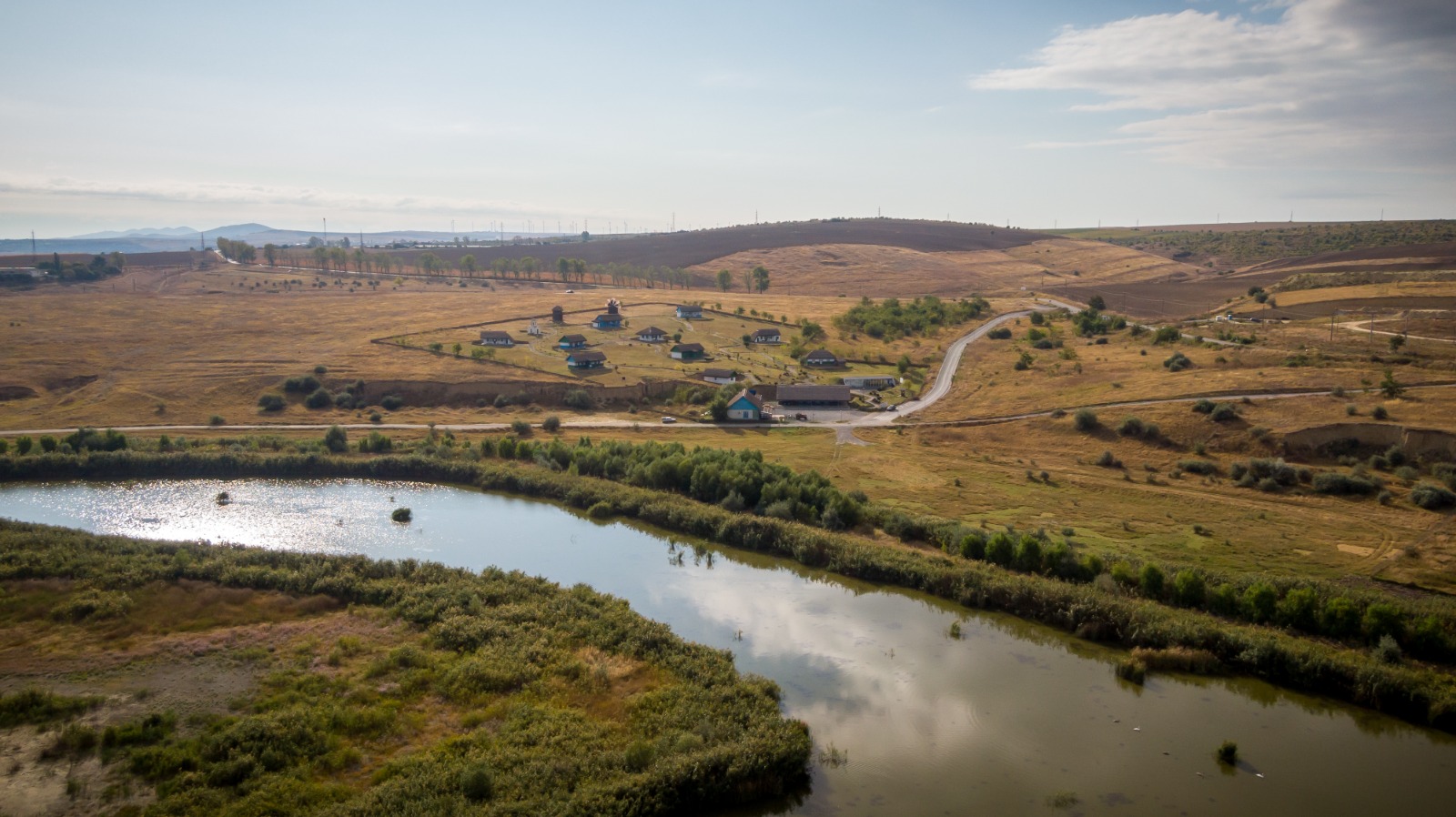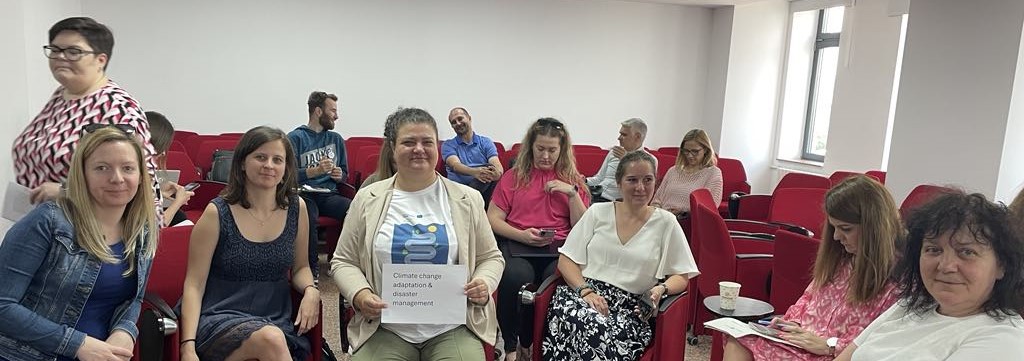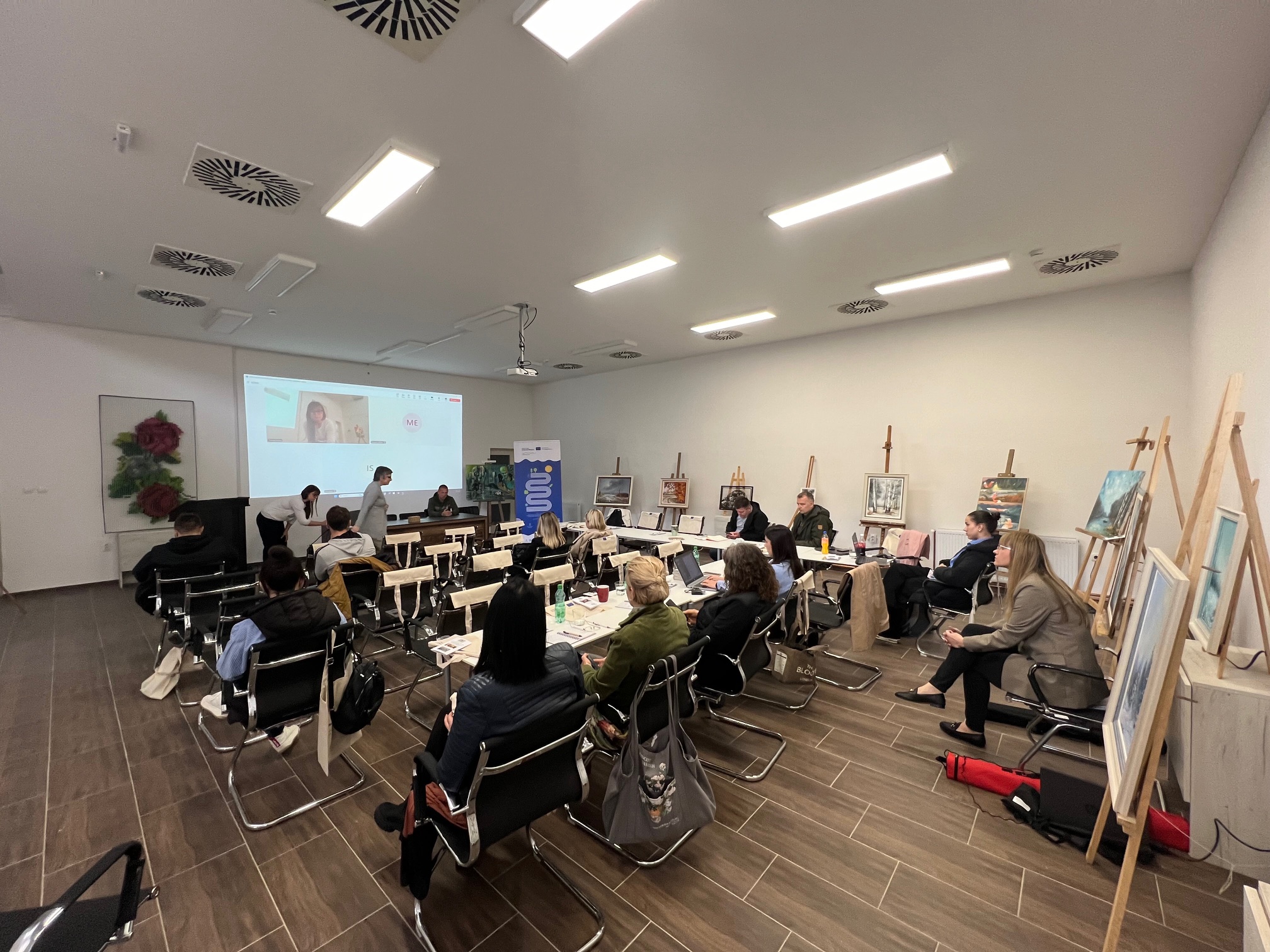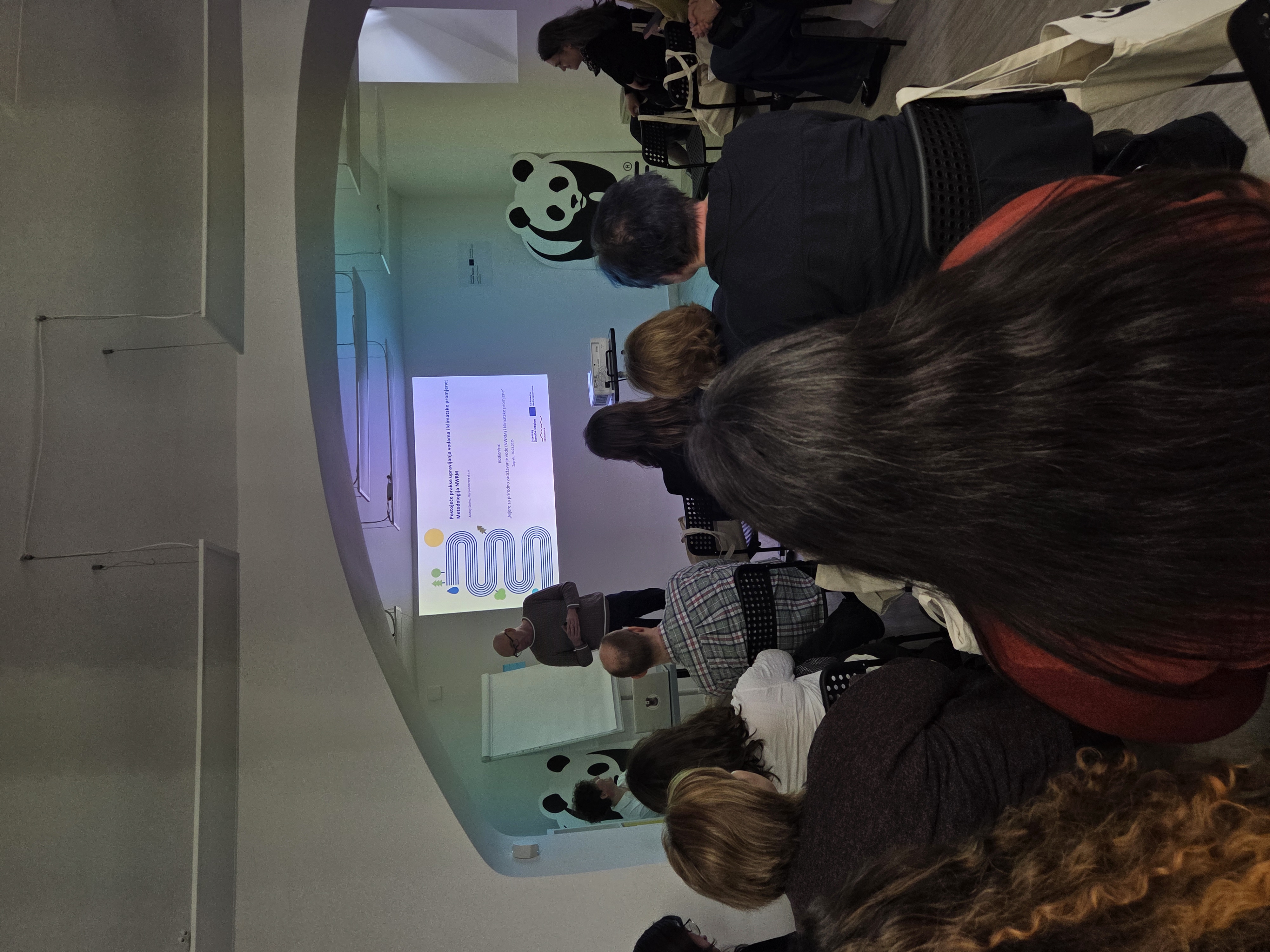
Why Should Everyone Be Familiar with the Concept of Nature-Based Solutions?
Floods, droughts, storms, heatwaves, and various extreme weather events are, unfortunately, no longer unfamiliar to us. Cities are particularly affected due to a lack of green and blue areas that could help mitigate the impacts of climate change. Nature-based solutions (NbS) in cities refer to a variety of sustainable concepts and practices such as parks, lakes, streams, green roofs, green walls, integrated drainage systems, ecological engineering, and numerous other solutions aimed at enhancing sustainability and climate resilience in cities and other urban environments. By implementing these solutions, we restore natural processes and strengthen nature, which in turn provides us with numerous benefits, collectively known as ecosystem services.
One example of an NbS concept is natural water retention measures concept. These measures primarily focus on freshwater areas and aim to increase water retention capacity and better adapt to the increasingly visible effects of climate change, such as floods, droughts, and heatwaves. Additionally, natural water retention measures improve water quality, restore groundwater levels, increase air humidity, and enhance natural water flow, all of which contribute to improved biodiversity, more pleasant microclimates, preserved natural areas, and a better quality of life for people. These areas often become recreational zones for local residents. Great examples are “urban wetlands” in cities like London and Vienna. Some of these measures include river and floodplain restoration, wetland construction and rehabilitation, reconnecting old river branches, and other sustainable solutions that allow for the natural movement and retention of water.
Since the concepts of nature-based solutions (NbS) and natural water retention measures (NWRM) are still relatively unfamiliar and underutilized, WWF, in collaboration with the Public Institution “Zagreb City Nature” and the Institute for Environmental and Nature Protection of the Ministry of Environmental Protection and Green Transition, organized a workshop titled "Natural Water Retention Measures and Climate Change." At the workshop, speakers Andrej Sovinc, Patricija Gambiroža, and Igor Tošić presented the topic and shared examples of both good and poor practices in its application so far. The workshop was attended by interested participants from various institutions and initiatives. Through discussion, it was concluded that it is extremely important to involve all stakeholders in the planning, design, implementation, and monitoring of nature-based solutions in order to ensure their success and sustainability. It was also emphasized that long-term success is not possible without citizen education and awareness.
Nature-based solutions can bring numerous benefits to the areas where they are implemented, simultaneously providing environmental, social, and economic advantages - for example, preserving biodiversity, ensuring an effective drainage system, and creating new jobs. In contrast, grey infrastructure, which has traditionally been more widely used, typically serves only one function in the area where it is applied. Although grey infrastructure is still necessary in some cases, combining it with green solutions is often a better, more sustainable, and long-term approach.
News & Events
Read the most recent updates and explore the upcoming events.

